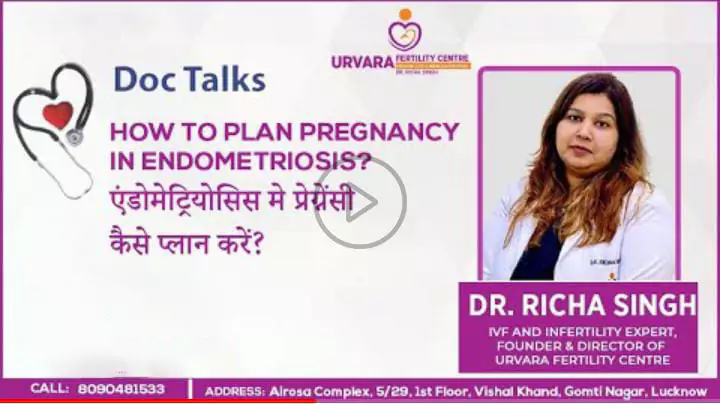What Is Infertility? Does Age Play a Role In Infertility?
When a couple is unable to concieve even after 1 year of unprotected intercourse this is called as infertility .Yes, age plays an important role in infertility. Female fertility generally decreases with age, and this decline becomes more rapid after the age of 35. In males, fertility also declines with age, but not as dramatically as it does in females. The decline in fertility in both males and females is due to a decrease in the number and quality of eggs and sperm as they age.
It is important to note that age is not the only factor that can affect fertility. Many other factors can contribute to infertility, including medical conditions, lifestyle factors, and environmental factors. It is always a good idea to speak with a healthcare provider if you are concerned about your fertility and are not able to concieve .
Women's age and fertility
As women get older, their fertility naturally decreases. This is due to a decline in the number and quality of eggs. The decline in fertility begins usually in early 30s and becomes more rapid after the age of 35 and by the age of 40, a woman's fertility has significantly declined, and it continues to decline as she gets older.
How is Age an Important Factor for Success in ivf treatment in Women?
The success rates of IVF can vary based on several factors, including the woman's age. As a woman gets older, her fertility naturally decreases decreasing her number of eggs and their quality leading to leases chances of success in ivf and making it more difficult to become pregnant . However, with timely treatments and best protocols used by expert clinicians ,IVF can still be successful for women of advanced age, and many women over the age of 40 have successfully had children using this treatment.
It is important to note that age is not the only factor that can affect the successful ivf treatment. Many other factors can contribute to the success or failure of the treatment, including the quality of the eggs and sperm, the health of the uterus, and the presence of any medical conditions. It is always a good idea to speak with a healthcare provider if you are considering IVF.
Women's age and pregnancy complications ?
As a woman gets older, her risk of experiencing certain pregnancy complications may increase. Some of the pregnancy complications that may be more common in older women include:
- Gestational diabetes: This is a type of diabetes that develops during pregnancy and can increase the risk of complications for both the mother and the baby.
- Hypertensive disorders: These are conditions that involve high blood pressure and can increase the risk of complications for both the mother and the baby.
- Preterm birth: This is when a baby is born before 37 weeks of pregnancy. Babies born preterm are at increased risk of health problems and developmental delays.
- Placenta previa: This is a condition in which the placenta covers the cervix, which can cause bleeding and other complications.
- Placental abruption: This is a serious condition in which the placenta separates from the uterus before delivery, which can cause bleeding and other complications.
It is important to note that age is not the only factor that can affect the risk of pregnancy complications. Many other factors can contribute to the risk of complications, including medical conditions, lifestyle factors, and environmental factors. It is always a good idea to speak with a healthcare provider if you are concerned about the risk of complications during pregnancy.
Men's age and fertility
As men get older, their fertility may decline, but not as rapidly as it does in women. The decline in fertility in males is due to a decrease in the number and quality of sperm as they age. However, male fertility does not decline as sharply with age as female fertility does, and many men can father children into their 50s and beyond.
Where to get help
If you are having trouble conceiving and are looking for help, there are several options available to you. Here are a few places where you can get help:
- Your primary care doctor: Your primary care doctor can provide general information about fertility and can refer you to a fertility specialist if necessary.
- A fertility clinic: Many fertility clinics can provide specialized care for people who are having trouble conceiving. These clinics often have teams of doctors, nurses, and other healthcare professionals who can help you understand your fertility and explore treatment options.
- A reproductive endocrinologist: A reproductive endocrinologist is a doctor who specializes in fertility and reproductive health. These doctors can provide expert care for people who are having trouble conceiving.
- Online resources: Many online resources can provide information about fertility and can connect you with support groups and other resources.
It is always a good idea to speak with a healthcare provider if you are concerned about your fertility. They can provide you with personalized advice and guidance based on your specific situation.

